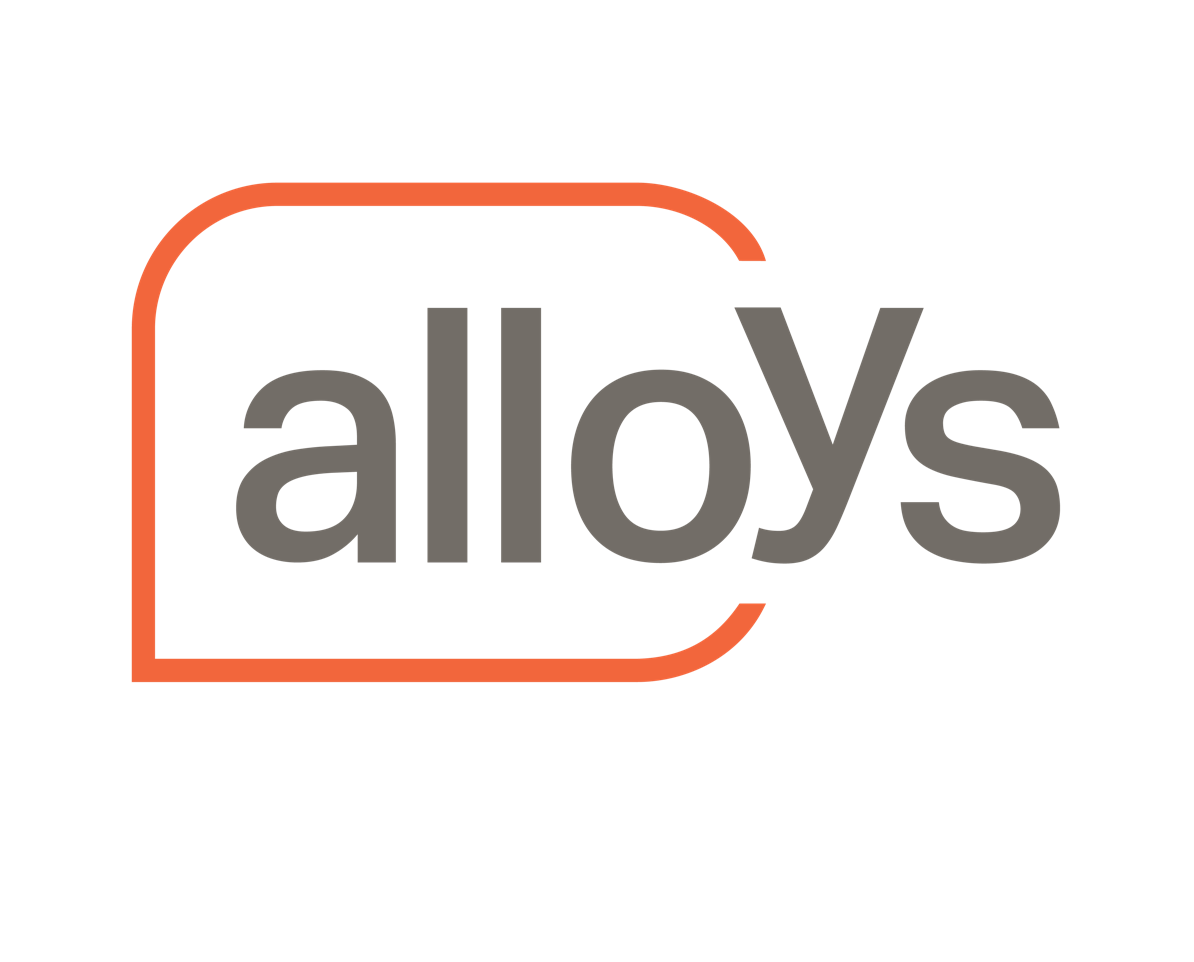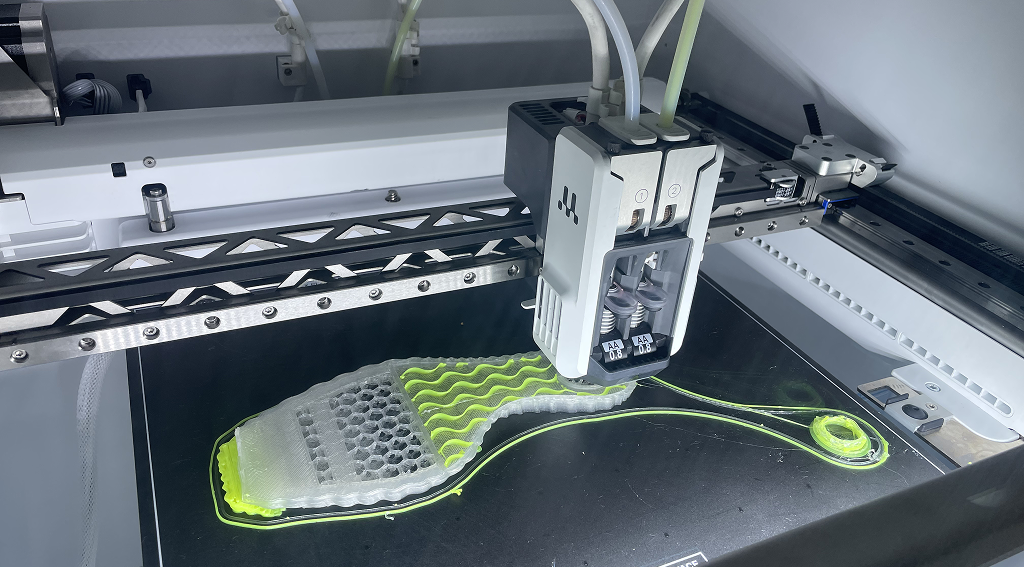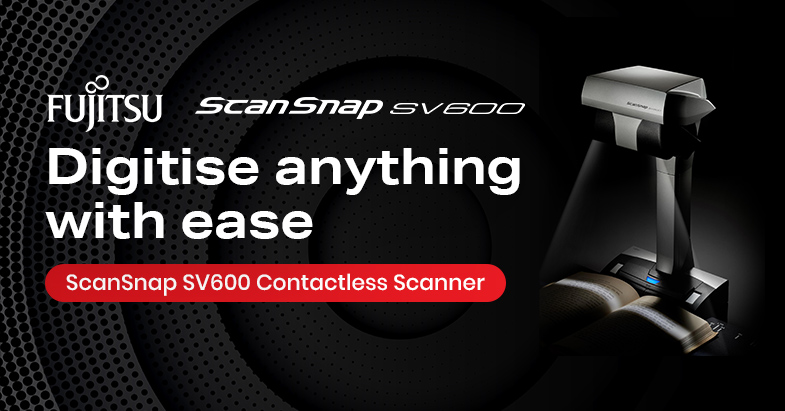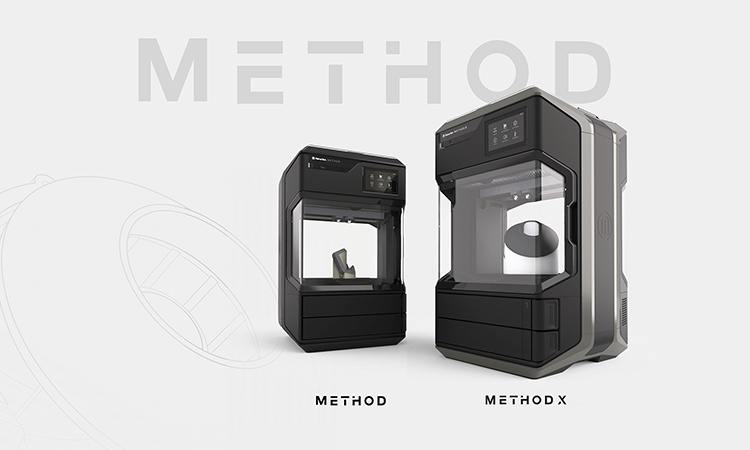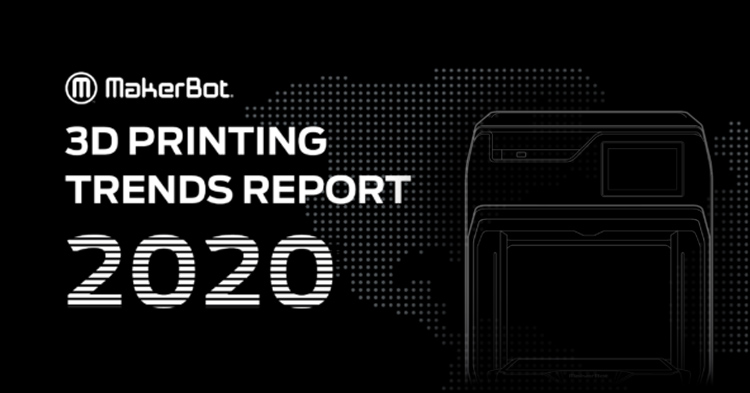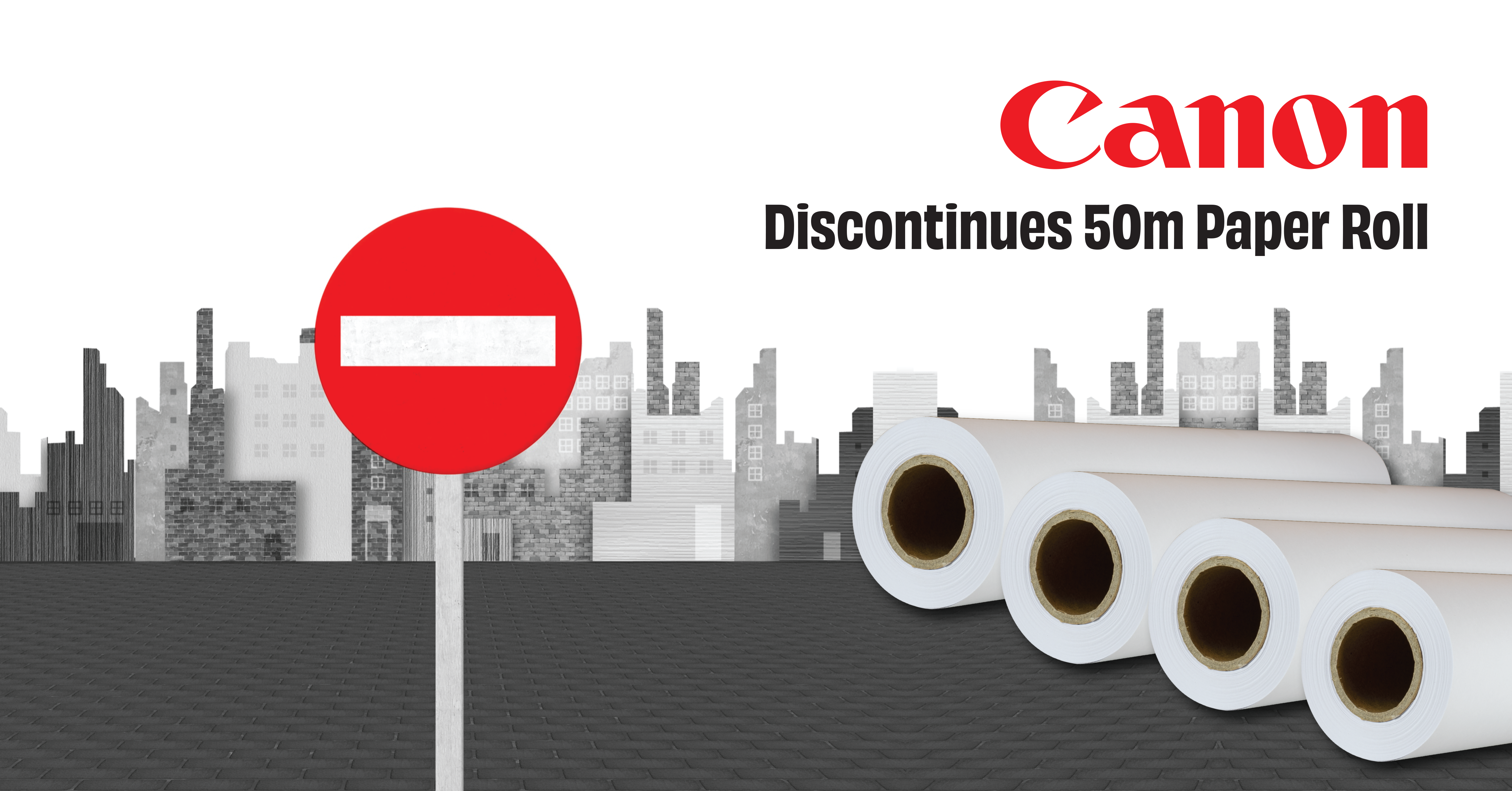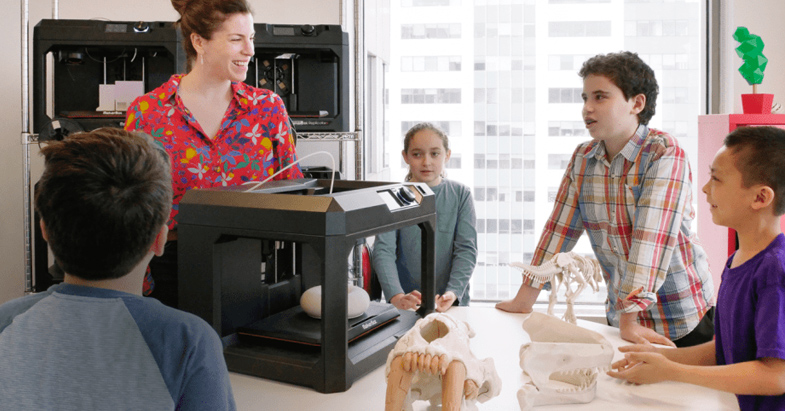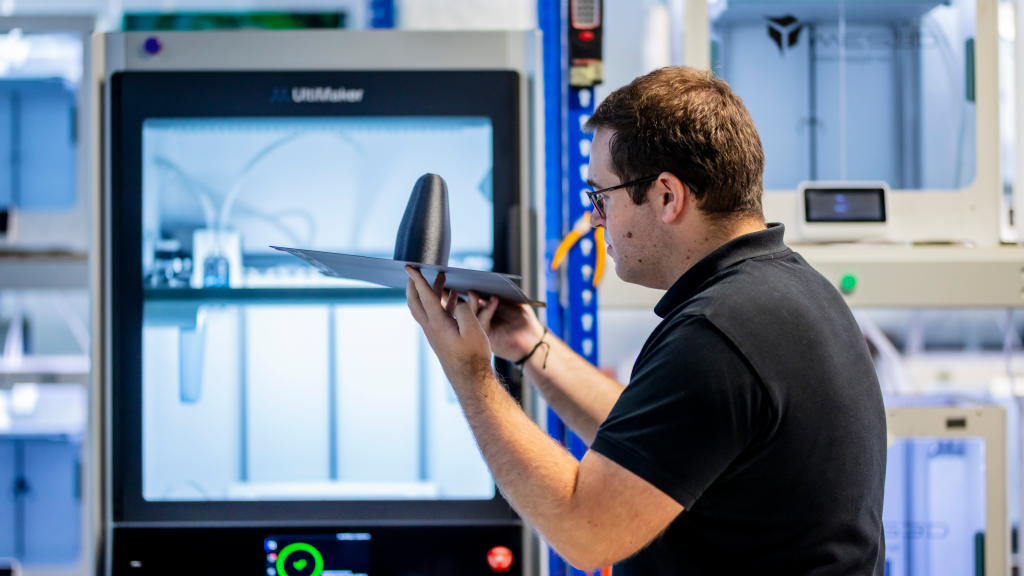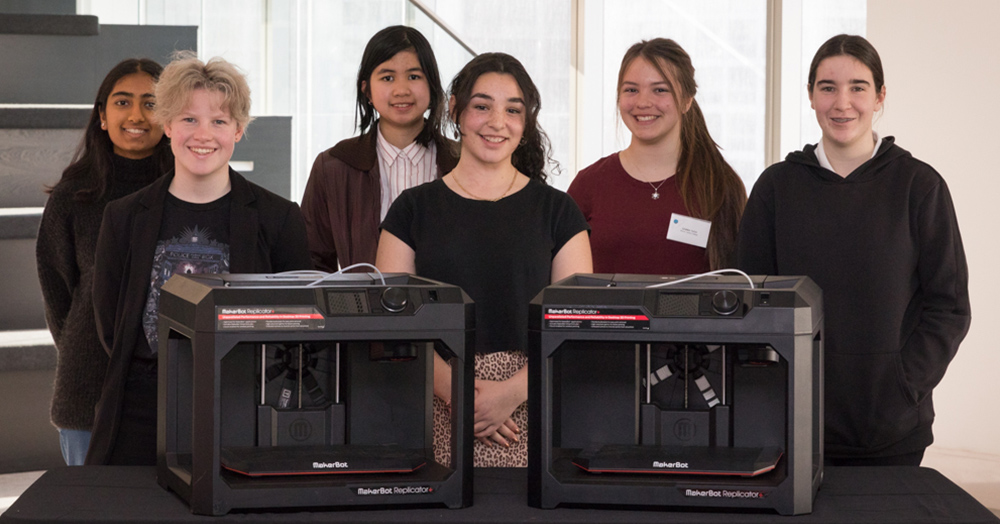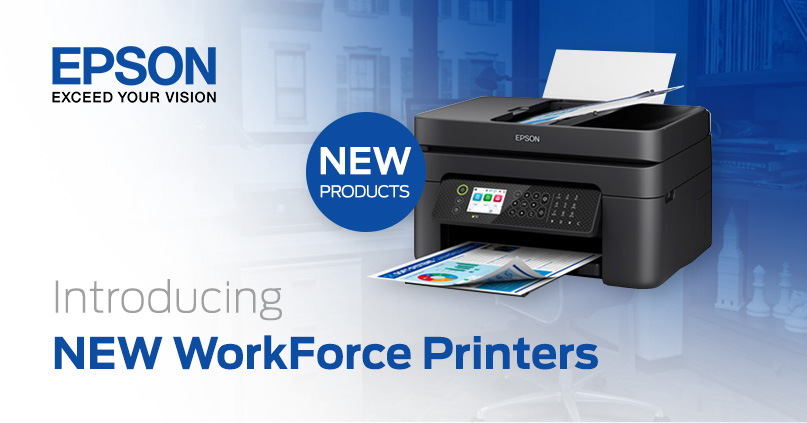How people present information has evolved significantly in recent years. As smartphones, tablets, and laptops have become common in conference rooms and classrooms, understanding how emerging audio visual technologies support these devices and engage your audience can be just as important as knowing your subject matter.
While the basics for giving a good presentation haven't changed, today's technology offers new ways to make your presentations — from sales pitches to corporate meetings to national conferences — strong, memorable, and effective.
1. Avoid "Death by Powerpoint"
Applications like Microsoft PowerPoint, Apple Keynote, Google Slides, and Prezi can either improve or impede your engagement with your audience. A good guideline to follow is the 10, 20, 30 Rule: Prepare 10 slides, present for 20 minutes, and keep your font sizes at 30 points or higher. Originally created for venture capital pitches, this recommendation is just as effective for sales presentations, informational talks, and technical sessions. And be sure to save time for questions or discussion.
2. Take Advantage of UHD and 4K
HD, UHD, and 4K displays are making their way into boardrooms, classrooms, and conference halls. Having access to these stunning visual technologies can enhance your presentation, but you must be aware of how the infrastructure supporting these technologies can impact the performance of your multimedia presentation. By relying on Leviton 4k-capable extension devices, end-users gain greater flexibility and the full benefit of these high-performance video technologies.
3. Let Your Voice be Heard
Even the most polished presentation will fall flat if the audience can't hear the presenter. Leviton Mixing Audio Amplifiers offer a compact, easy way to power speakers in a variety of venues, from classrooms to conference rooms to auditoriums. Available in 70V mono and stereo options, these versatile audio solutions offer 40-watt output, RS-232, and IR control.
4. Bring Your Own Device (BYOD)
Today, bringing a laptop on a sales call is standard practice, and using a tablet to enhance a presentation is becoming accepted. However, there's no guarantee your device will be protected from becoming compromised when bringing it into an office, school, or conference room. At the same time, organisations can't be sure personal devices logged onto their Wi-Fi won’t compromise the network.
A wired connection is the fastest way to allow BYOD technologies to access an AV system. Wireless connections may seem convenient, but they require security access, password authentication, and can cause extra drag on an already taxed network. Relying on wireless connectivity alone makes it difficult for an organisation to provide quick and stable connections. Smart AV network designs incorporating Leviton IT/AV Control solutions allow rapid sharing and collaboration by connecting multiple devices to a projector or display while being segmented to maintain network security and integrity.
5. Know Your Distance
Depending on your venue, the presentation source and the display might be side-by-side at a conference table, on opposite sides of a room, in different rooms altogether, or even patched to a telecommunications room from another floor of the building. An HDMI® signal can only be trusted to travel about 15 feet on a standard passive HDMI cable. With HDBaseT, you have the option to extend HDMI signals up to 230 or 330 feet over existing category cabling. HDBaseT offers a standard for reliable signal extension so you don't have to worry about the distance between your source and display, whether it's 10 feet or 300 feet.
6. Take Control
HDBaseT integrates RS-232 and IR signals into its platform; in addition to transmitting your presentation, it also provides the capability to control power, source selection, and volume from a convenient central location over the existing category cabling infrastructure. This reduces the number of physical cables strung around the room and gives you and your guests complete display control.
Source: Leviton


